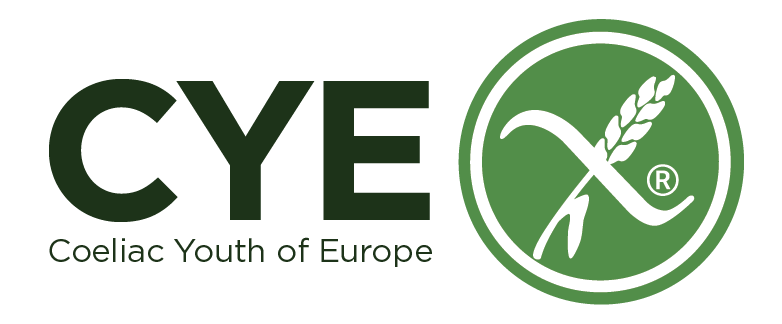
Happy International Coeliac Day!
We share with you a message from AOECS.
Following a Gluten-Free Diet without diagnosis
Awareness of Coeliac Disease (CD) has drastically increased in the past few years through the concerted efforts of national coeliac societies, international coeliac organisations and food safety authorities. However, recently a worrying trend has emerged of individuals following a gluten-free diet without a CD diagnosis.
A paper published in the JAMA Internal Medicine journal, in 2016, estimated that in the US, there were twice as many individuals adhering to a gluten free diet without being diagnosed with coeliac disease as there were those that had a diagnosis for CD. Though no scientific study on the European situation has yet been published, the situation in Europe does not seem to be very different. By far, the majority of these individuals are self-diagnosing non celiac gluten sensitivity (NCGS) while the rest are being diagnosed as having NCGS without an appropriate evaluation for CD.
The reasons for this are many and include advice from friends, social media, a desire to lose weight, public perception that gluten free diet (GFD) is healthier. In some instances, even doctors and dieticians are advising to follow a GFD without prior adequate testing for CD.
Apart from the social burden of a possibly unnecessary GFD, going on a GFD without being properly assessed for CD, can result in actual CD being masked and once started on GFD, not being able to be properly diagnosed. Considering that studies have shown that those that self-diagnose are more likely not to adhere to the diet, this might also have medical repercussion on those individuals with real CD.
Being on a GFD brings with it a social burden, as individuals are limited in their meal choices in and out of the home. Also, an economic burden will apply as gluten-free products tend to be more expensive than non-gluten-free food products.
However, there is significantly more far-reaching medical repercussion of maintaining a GFD prior to diagnosis. Accurate CD testing requires high levels of gluten-specific antibodies that create the autoimmune reaction associated with CD. So, by cutting gluten out of diets, test results may be inaccurate as CD is masked by the body.
Considering that studies have shown that those that self-diagnose are more likely not to adhere to the diet, this might also have medical repercussion on those individuals with real CD.
As a general guideline, the recommendation is to eat some gluten in more than one meal every day for at least six weeks before testing.
For those wishing to reintroduce gluten into their diet, it is recommended that this be discussed with the attending doctor, particularly to ease their CD symptoms.
AOECS Member societies are also able to help with advice on first steps to take towards diagnosis, see our list of member societies at www.aoecs.org/members.
AOECS would like to emphasise that while non-coeliac gluten sensitivity (NCGS) is a real, though difficult to definitively diagnose disease, , prior to diagnosing NCGS CD should always be tested for to be excluded.
Testing of CD has to be done through the application of relevant and current medical criteria. In most cases, these are screening by tissue transglutamise antibody testing followed by gastroscopy and duodenal biopsy which remain the “Gold Standard” for diagnosis. So, whilst encouraging medical practitioners to put CD high up on their differential diagnosis list as well as on the utilisation of certified, quick antibody test, AOECS completely discourages their use for self-diagnosis.
On the other hand, AOECS encourages anyone that has CD to actively take part in their local coeliac society. These coeliac societies provide medical information to support their members, work closely with doctors, nurses and dietitians in their countries to raise awareness of recognising CD symptoms.
Coeliac societies work hard to ensure availability of the safest and most affordable gluten free foods. AOECS Member societies participate in AOECS’ Europe-wide licensing of the Crossed Grain Trademark (CGT) to gluten-free producers. Recent surveys have shown that 78% of those with CD trust a gluten-free product more if it bears the CGT on its packaging. This is due to the stringent requirements of the licensing scheme. As part of the licensing process, licensees are required to provide proof that their products contain max 20 mg per 1kg (20ppm) gluten content. They must provide lab analyses test certificates as evidence and audit certificates showing a consistently gluten-free production through rigorous auditing of their manufacturing sites.
Coeliac societies also help to increase awareness amongst food stores, restaurants and hotels on the GFD as well as influence policy makers to obtain the best conditions for those living with CD in Europe.
